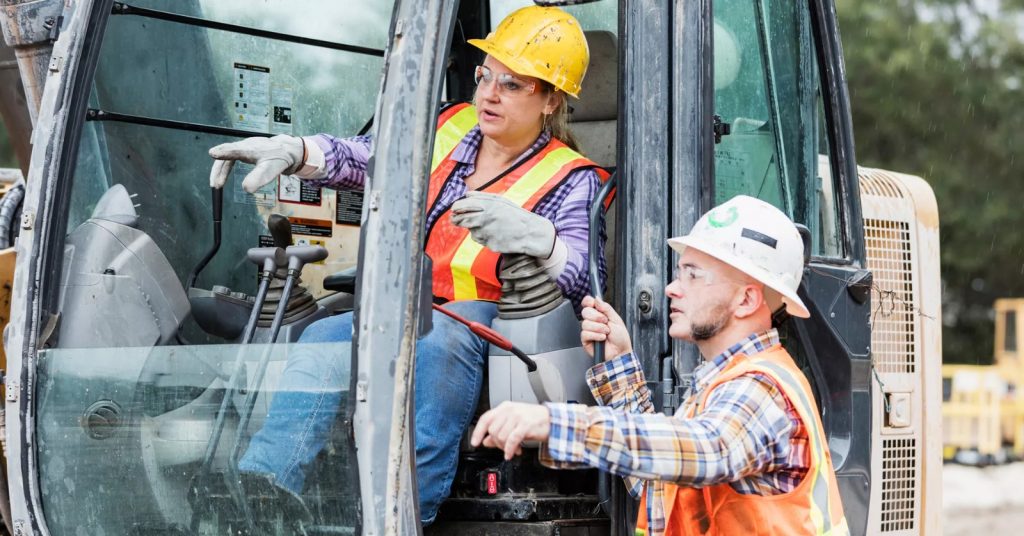Hawaii trade schools are essential institutions for preparing students to succeed in hands-on industries, especially in commercial construction. Hawaii trade schools provide specialized training that blends classroom knowledge with real-world applications. Hawaii trade schools are known for their strong ties with local companies, unions, and contractors, giving students opportunities for internships and apprenticeships. Hawaii trade schools also equip graduates with certifications and skills that employers actively seek. Hawaii trade schools focus on commercial construction careers where demand is high due to ongoing projects in infrastructure, hospitality, and real estate. Hawaii trade schools offer training in carpentry, plumbing, electrical work, and project management. Hawaii trade schools help shorten the path to career success compared to traditional colleges. Hawaii trade schools emphasize affordability, practical learning, and job placement. Hawaii trade schools ensure students graduate with confidence, industry readiness, and professional connections that open doors to long-term opportunities. Hawaii trade schools play a central role in building Hawaii’s skilled workforce while supporting students who want stable and rewarding careers in construction. Hawaii trade schools remain the trusted pathway for aspiring professionals who value both education and industry networking.
The Importance of Industry Connections in Commercial Construction
One of the most significant advantages of Hawaii trade schools is their ability to link students directly with employers in the commercial construction sector. These partnerships mean students don’t just graduate with technical skills but also with job opportunities already waiting. Hawaii trade schools regularly collaborate with unions, contractors, and companies that manage large-scale commercial projects. This ensures that students gain apprenticeships while studying and transition smoothly into full-time employment.
Hands-On Learning Meets Employer Needs
Employers value graduates from Hawaii trade schools because they are trained in practical, job-ready skills. Students don’t just study theories but also spend hours in labs, workshops, and simulated construction sites. By training on actual equipment, handling real tools, and practicing safety standards, students are prepared for the demands of commercial construction projects. Hawaii trade schools provide this applied education so graduates can contribute immediately to construction teams without requiring long adjustment periods.
Certifications That Matter
Hawaii trade schools also provide certifications essential to commercial construction. Programs often include OSHA safety certifications, welding licenses, and electrical permits. These certifications are recognized nationwide, which means graduates are employable in Hawaii and beyond. Industry leaders prefer hiring graduates who already hold these credentials because it reduces the time and resources needed for additional training.
Career Opportunities After Graduation
Hawaii trade schools open multiple career paths in commercial construction. Graduates may pursue careers as electricians, carpenters, HVAC specialists, heavy equipment operators, and project supervisors. The demand for skilled labor in Hawaii continues to grow as commercial development expands across the islands. Graduates from Hawaii trade schools enjoy stable career options, competitive wages, and opportunities to advance into management positions over time.
Why Choose Us
Our program stands out among Hawaii trade schools because of our deep industry connections and student-focused approach. We have partnerships with local construction companies and unions that provide students with internships and guaranteed interview opportunities upon graduation. Our instructors are industry professionals who bring years of real-world knowledge into the classroom. With modern facilities, flexible schedules, and career counseling, we ensure every student has the resources to succeed. Choosing us means choosing a Hawaii trade school that prioritizes not only education but also long-term career placement.
5 Frequently Asked Questions
1. What sets Hawaii trade schools apart from other institutions?
Hawaii trade schools focus on skill-based training and industry connections, preparing students for real jobs rather than just academic theory.
2. How do Hawaii trade schools support students in finding jobs?
Through partnerships with local construction companies, trade unions, and contractors, Hawaii trade schools give students access to apprenticeships, internships, and career placement services.
3. Are Hawaii trade schools programs shorter than traditional degrees?
Yes, most programs at Hawaii trade schools range from 6 months to 2 years, allowing students to start working faster compared to four-year colleges.
4. What certifications can I earn at Hawaii trade schools?
Students can earn OSHA safety certifications, welding licenses, electrical permits, and other industry-recognized qualifications.
5. Can working adults attend Hawaii trade schools?
Yes, many Hawaii trade schools offer evening classes, flexible schedules, and part-time programs to accommodate working adults.
Conclusion
Hawaii trade schools with industry connections in commercial construction are the ideal choice for anyone seeking a career in one of Hawaii’s most important industries. These schools provide more than just technical knowledge—they offer real-world opportunities through partnerships with contractors, unions, and businesses. With hands-on training, valuable certifications, and strong job placement services, Hawaii trade schools ensure graduates are fully prepared for successful careers in commercial construction. Choosing Hawaii trade schools means investing in a future filled with opportunity, stability, and growth in a thriving industry.
